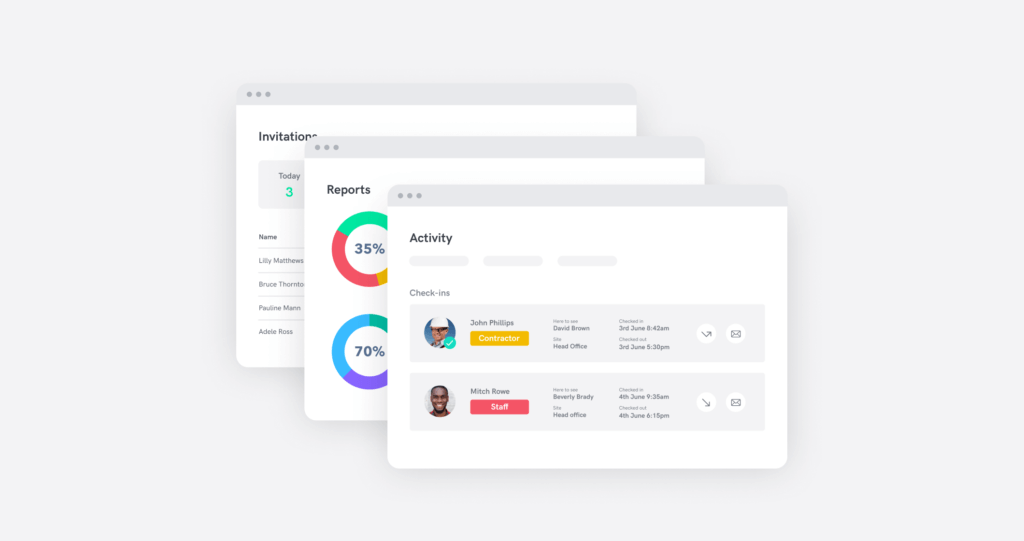
Loss of productivity and efficiency due to friction between different departments, lacking supplies and resources, and a demotivated workforce can adversely impact any organization. The right office manager can help mitigate the impact of these issues on productivity, ensuring that your company thrives in the long term.
That is why office managers are central to workplace success. In fact, having a good one in your team can make all the difference for your company culture.
They have a demanding job, making it essential for them to develop a diverse skill set to excel in the position.
Office managers take care of tasks that comprise allocating physical resources like office space and supplies as well as scheduling internal events. Additionally, they also supervise operational personnel, such as administrative staff, accountants, and technicians.
So, in essence, they are liable for the company's administrative activities. They are also known as business office managers or executive service managers responsible for efficiently running the overall day-to-day business operations.
In other words, it is imperative for them to make sure the organization support staff works smoothly and their everyday needs are fulfilled correctly. That's why you'll often find office managers collaborating with suppliers, gauging energy consumption, and ensuring that the facilities are secured safely.
All in all, any employee who oversees managerial, financial, and administrative tasks to ensure efficient business functions is an office manager.
They may have other administrative staff reporting to them. The office managers themselves are held accountable by the head of operations, but it could also be the head of security or finance director – the reporting hierarchy ultimately depends on the structure of the company.
An office manager can be responsible for many things, from mundane receptionist tasks and routine admin tasks to more specialist ones and confidential or personal projects for specific team members or departments.
So their job requires them to perform a myriad of functions such as organizational, communication, and administrative tasks. They have an integral role in employee satisfaction and continued achievement.
Typically, their responsibilities include:
However, depending on the structure and size of the company, the office manager role can also be collective with other office-related job roles, for instance:
Office managers should be organized, resourceful, and personable, have remarkable customer service and time-management skills. They must also demonstrate the ability to work well and multi-task when needed.
Here are some necessary abilities that every office manager must have:

Office managers oversee a variety of responsibilities and tasks. From scheduling meetings, handling invoicing, managing workflows, the list is endless.
So how can they manage all these tasks effectively and efficiently? Here are some of the tools that are essential for an office manager and can considerably help them with their overall management tasks.
A visitor management platform enables office managers to closely track everyone who enters/exits the office building, irrespective of whether they are a guest, interviewee, or the delivery guy. The tool streamlines the complexities of people flow management.
In fact, visitor management software like Sine is a vital tool in every office manager's arsenal. It allows them to manage on-site people flow, record visitor data, and keep a bird's-eye view over everything that happens on-premises while maintaining privacy.
Sine's cloud-based visitor management system can also significantly minimize data protection threats and protect sensitive information.